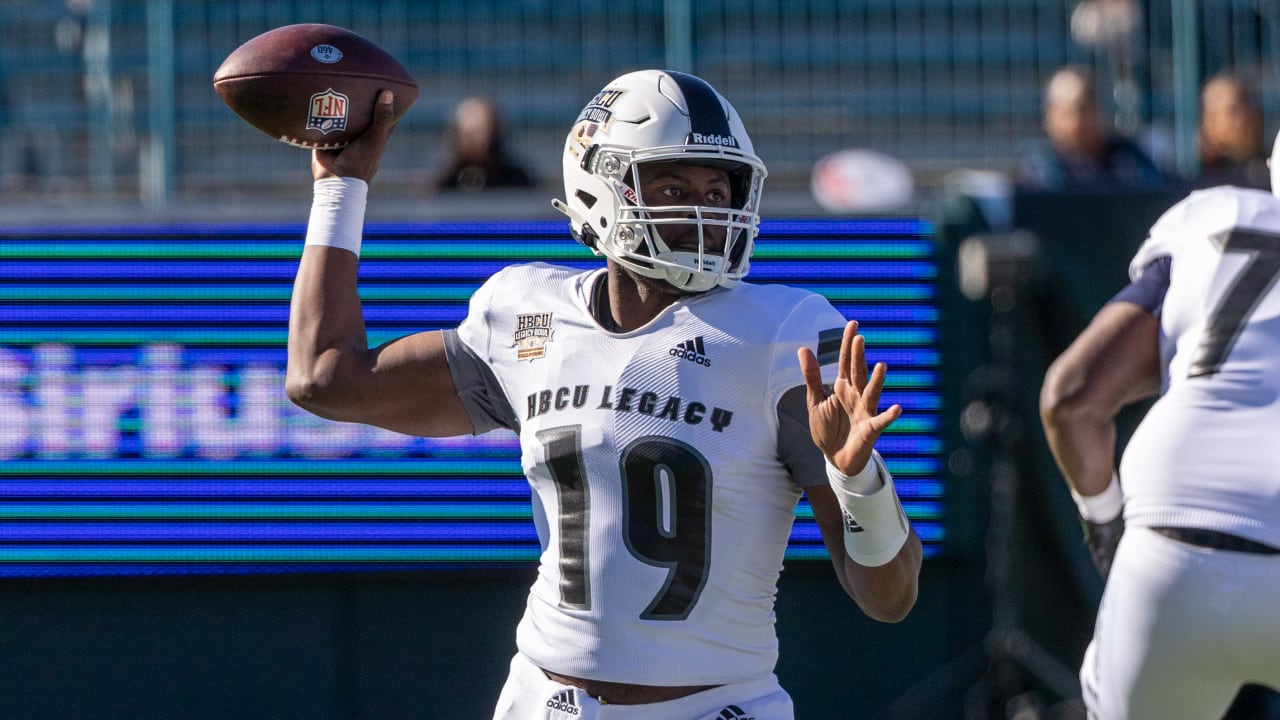Hall of Famer, Washington legend Charley Taylor passes away at 80 - NFL.com - TOTALSPORTEK
Selected third overall in the 1964 NFL Draft (and ninth overall by the AFL's Houston Oilers) out of Arizona State, Taylor starred for Washington throughout a decorated 13-season career.
"As a kid who loved football, I watched the Washington teams of the 1970s compete at a high level and quickly became a fan of the player wearing No. 42. He seemed to make everything look so easy," Hall of Fame president Jim Porter said in a statement. "Charley was never a man of many words, and in his brief Enshrinement speech, he didn't say much about the game. He mentioned God several times. He thanked God for his good fortunes and he expressed his deep belief in God.
"We extend our thoughts and prayers to Charley's wife, Pat, and the entire family and take comfort that their faith will help see them through this difficult time. The Hall of Fame will guard Charley's legacy forever. The Hall of Fame flag will be flown at half-staff in his memory."
Amid his myriad accolades, he helped Washington to its first Super Bowl appearance, was a member of the Hall of Fame's All-1960s Team, was a first-team All-Pro in 1967, twice led the league in receptions and helped a struggling club develop into one that was a postseason mainstay.
Taylor retired with 649 receptions, which were the most in NFL history when he called it a career after the 1977 season. His 9,110 receiving yards were fourth all time upon his retirement, his 79 touchdown catches seventh and his 10,598 scrimmage yards were sixth.
A model of versatility, Taylor was the first player in NFL history with 700 or more rushing yards and 700-plus receiving yards in a single season, a feat he accomplished as a rookie.
When he started his days in Washington, the franchise struggled, failing to make the postseason until 1971, which began a string of five postseason berths in six seasons. That run included a march to Super Bowl VII, where Washington lost to the undefeated Miami Dolphins.
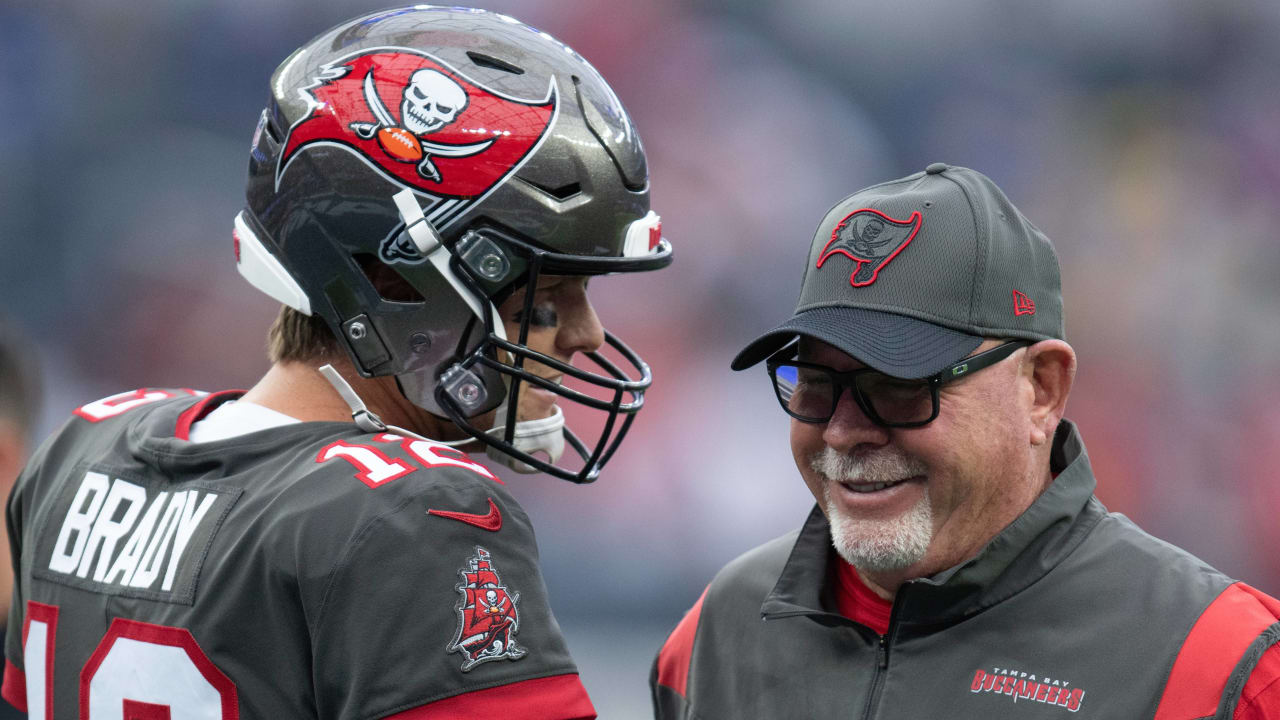
Buccaneers coach Bruce Arians would be shocked if Tom Brady comes out of retirement - NFL.com
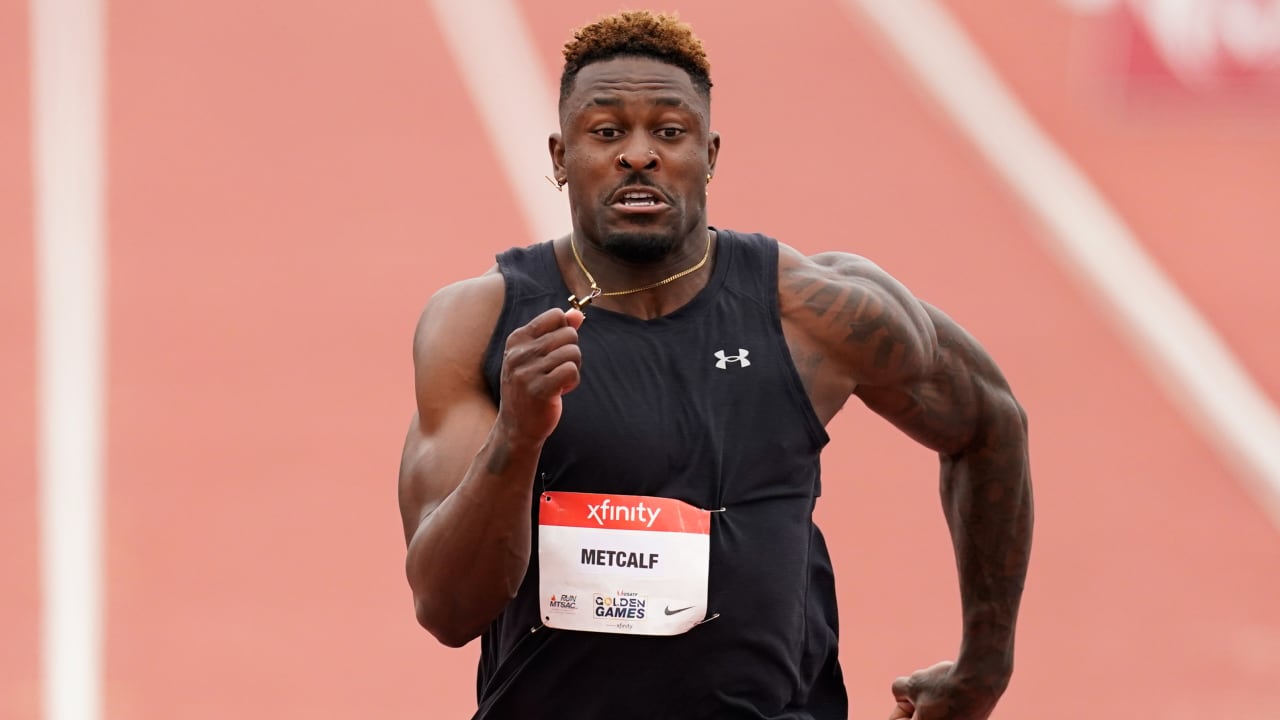
Seahawks WR DK Metcalf maintains goal of qualifying for Olympics: 'For sure, it's gonna happen' - NFL.com
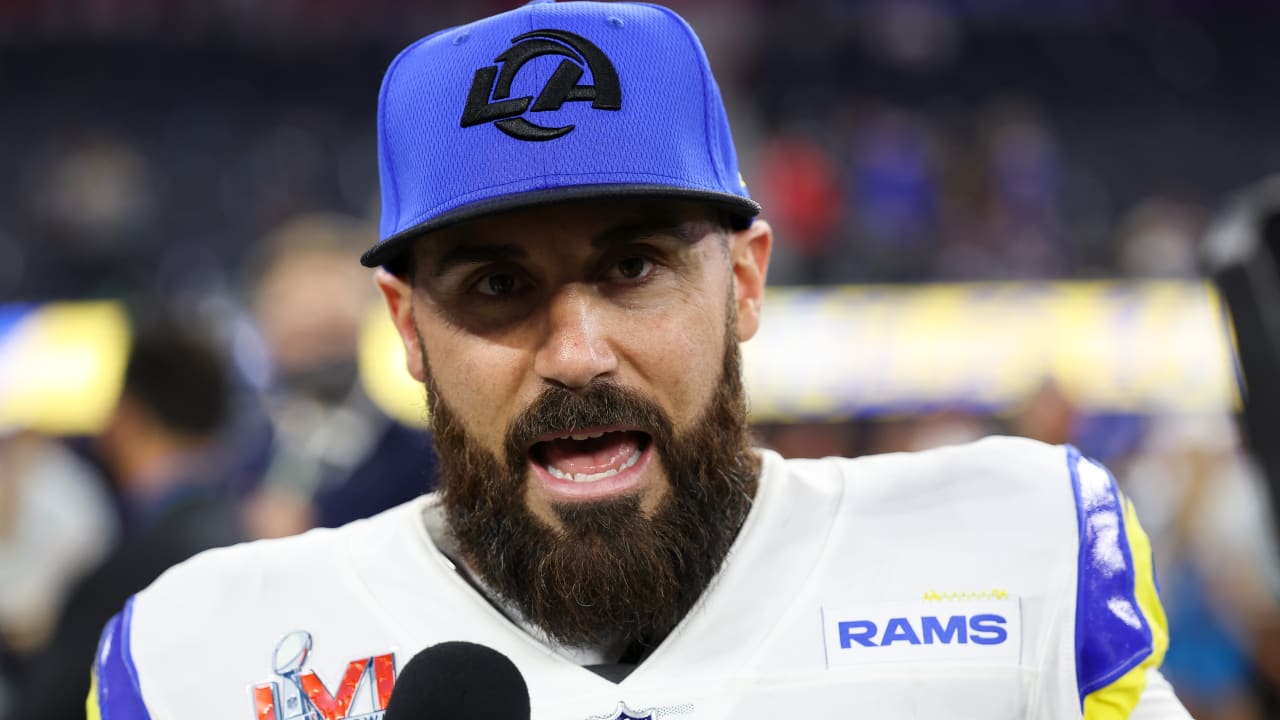
Eric Weddle to coach high school football at Rancho Bernando in San Diego after second NFL retirement - NFL.com
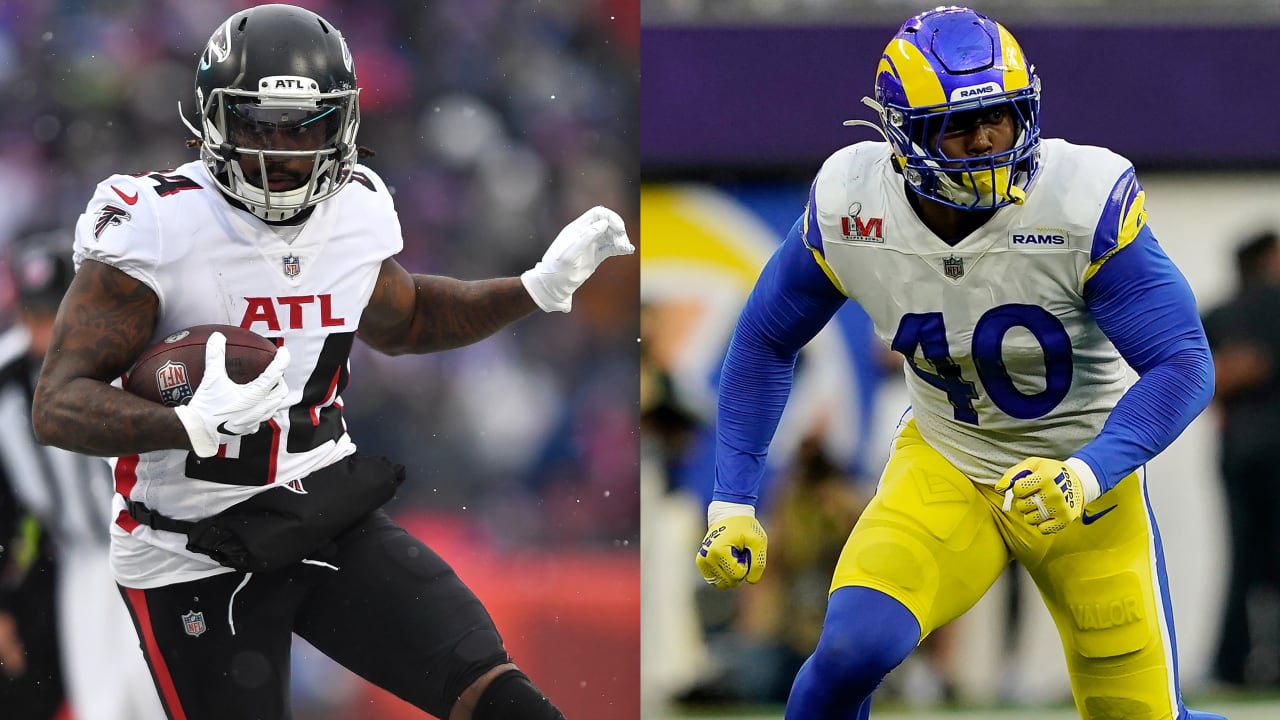
2022 NFL free agency: One free agent each NFC team must keep - NFL.com
